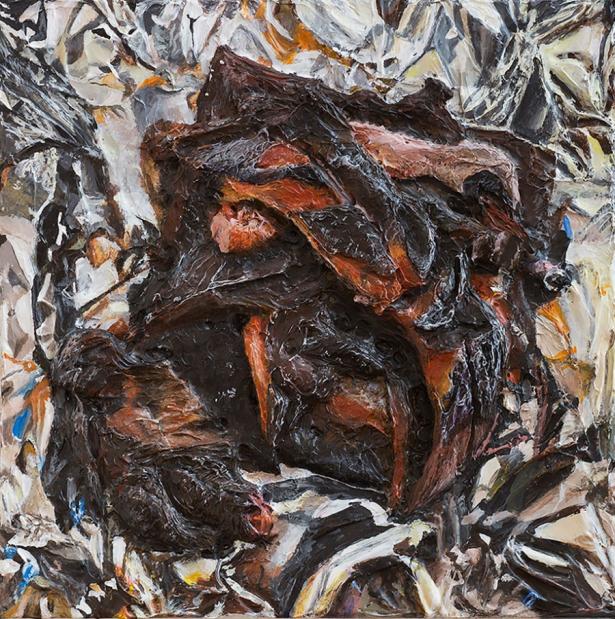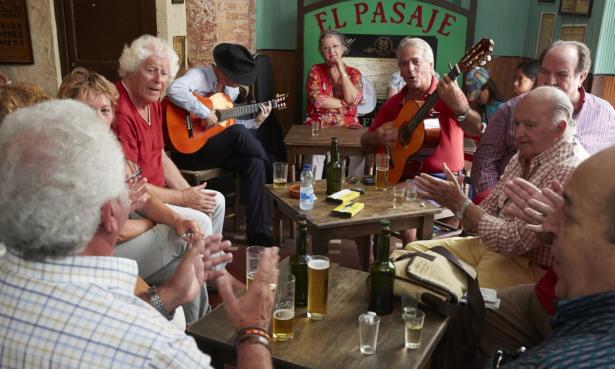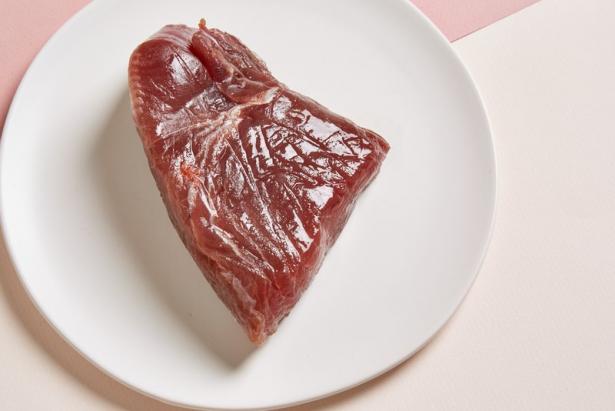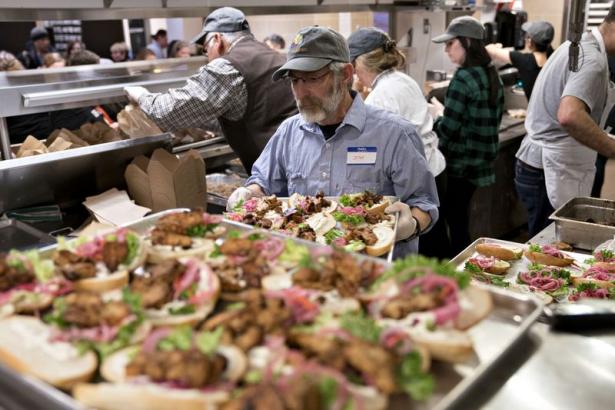Understanding Antioxidants
Harvard Medical School

Studies have shown benefits from diets rich in them but results from randomized controlled trials of antioxidant supplements support the claim that it is better to supply your antioxidants from a well-rounded diet.








Spread the word